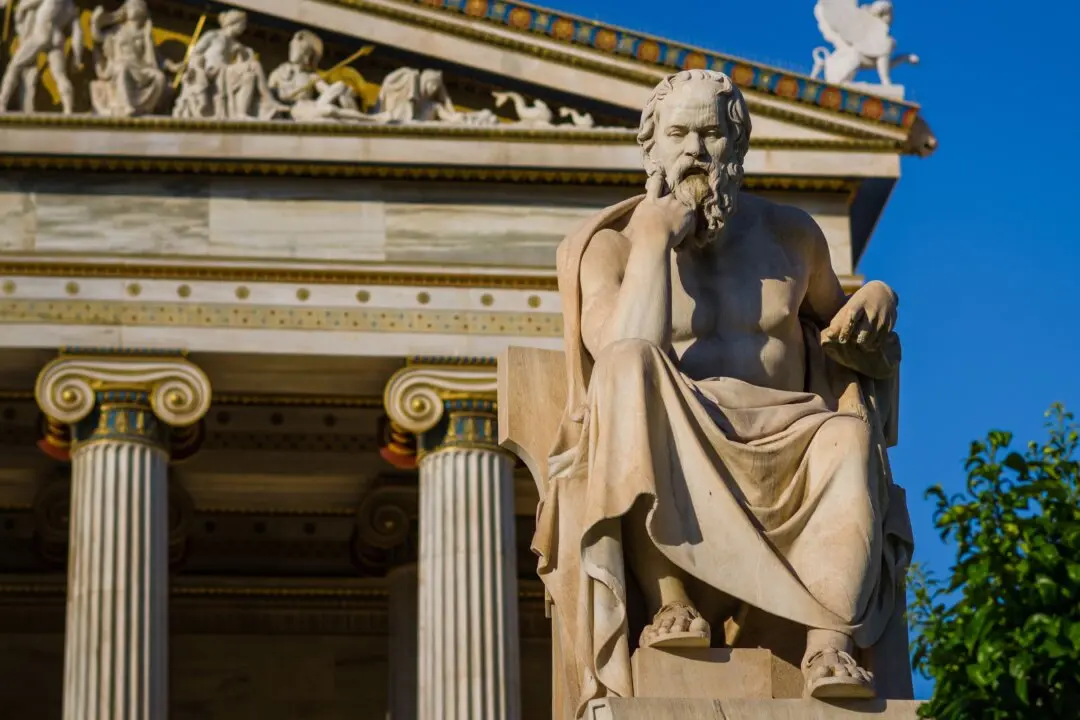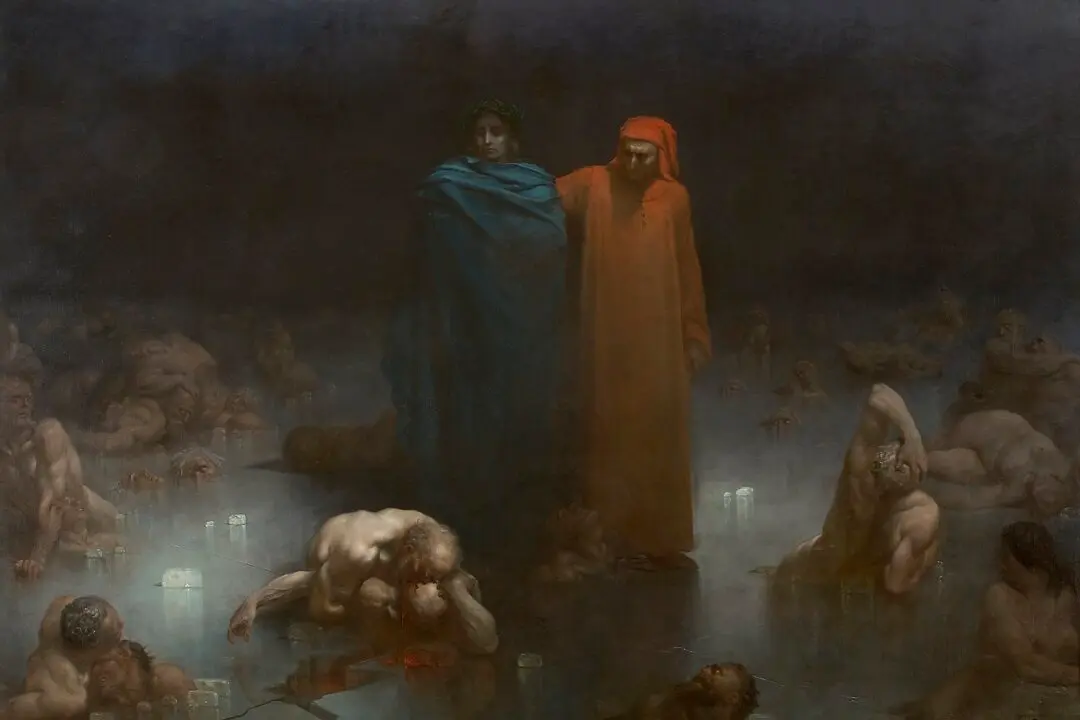Commentary
Gen Z went nearly 2-to-1 for Democrats last week, which should put to rest the occasional assertion we’ve heard in recent years that this fresh cohort leans conservative. The 18-to-29 age group came in at 63 percent Democrat, according to one exit poll. The next age group, 30- to 44-year-olds, made up mostly of millennials, scored lower, 51 percent Democrat.





